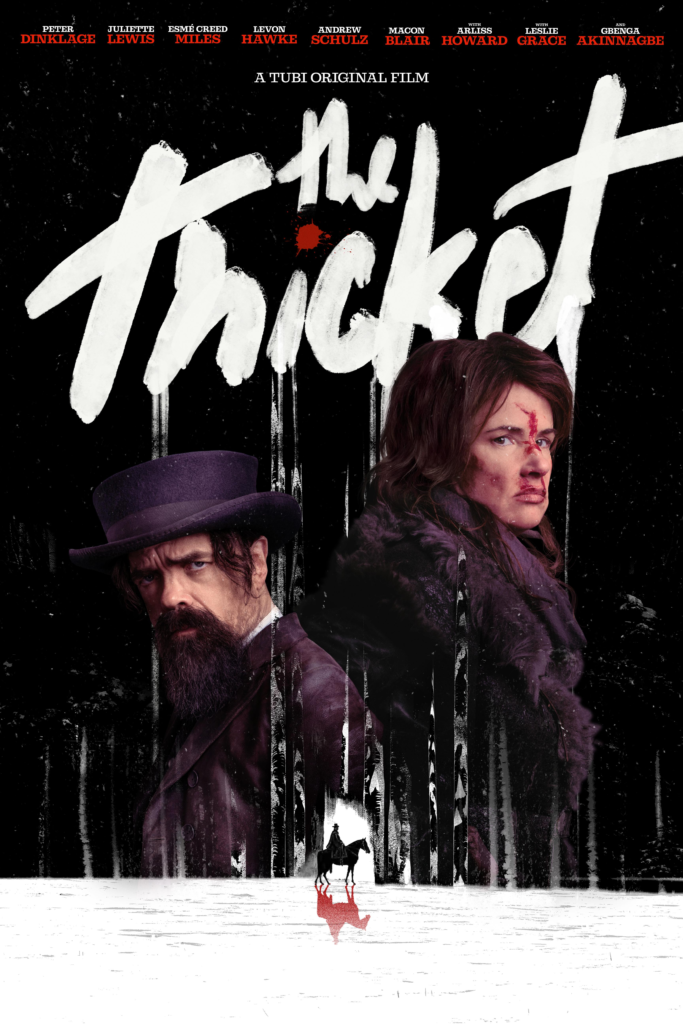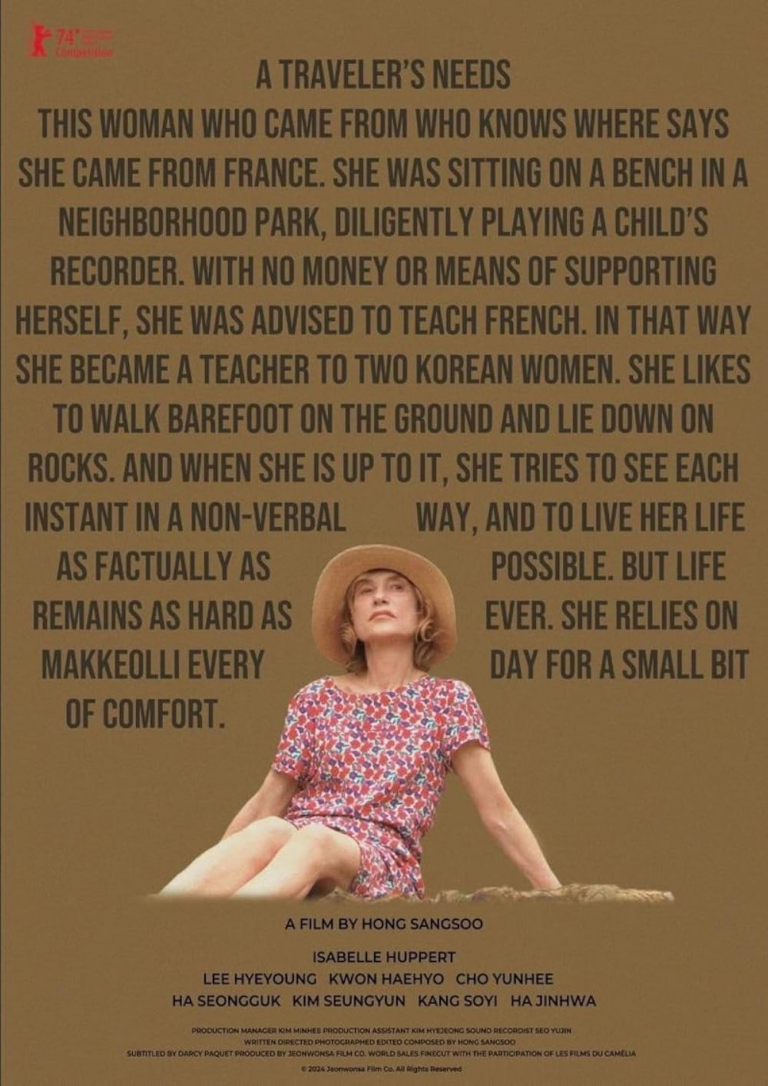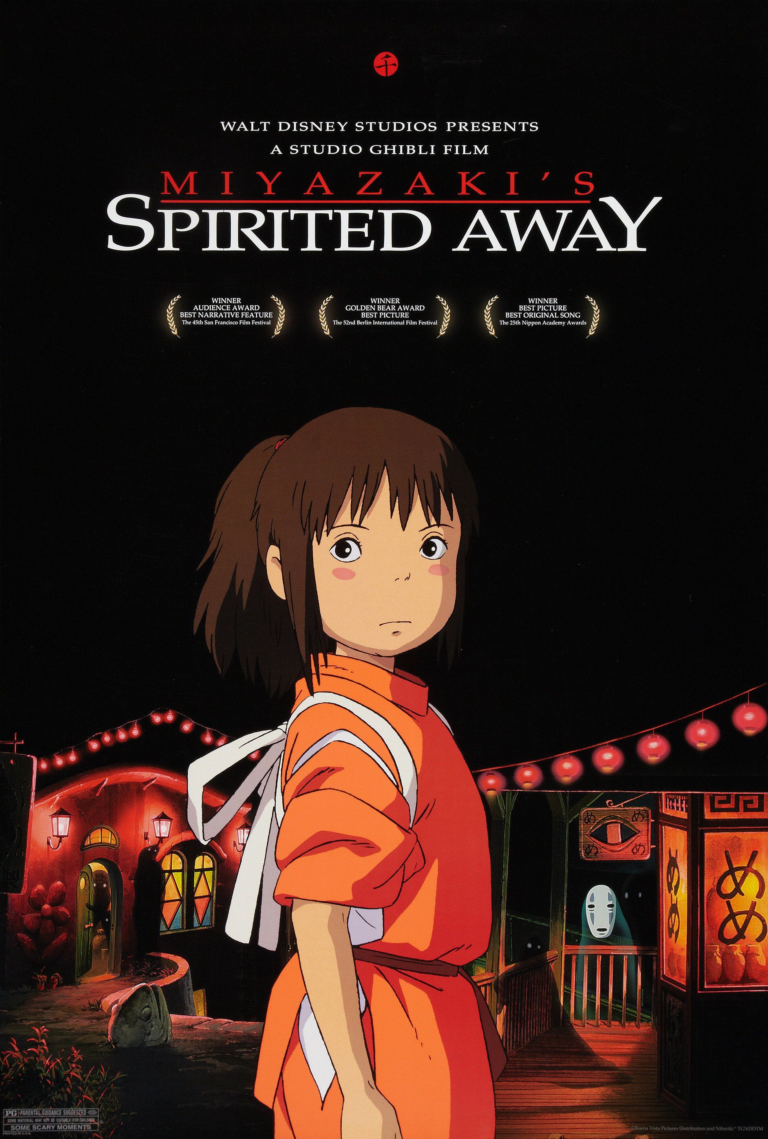The Thicket Christian Review

Rating: 6/10
A Western That’s Cold as Ice and Tough as Nails
So here’s the thing about The Thicket: if you’re into that gritty, brutal, take-no-prisoners vibe in your Westerns, this movie will probably draw you in like a moth to a flame. The gunslinging, merciless tone hits hard. It doesn’t waste time sugar-coating anything, nor does it bother to leave any light at the end of the tunnel. It’s a frontier story where the landscape is as cold and ruthless as the characters themselves. Think about what you’d expect from a classic Western and then strip it down to its raw, violent core—now you’re starting to get the idea.
But as a Christian viewer, the glaring question looms: where’s the redemption? Because that’s what we’re drawn to, isn’t it? Hope, grace, something that tugs the soul towards transformation. That’s not the kind of world The Thicket exists in, and for many of us, that can be unsettling, even alienating. When the Bible tells us “Blessed are the peacemakers” (Matthew 5:9), this film shrugs and goes, “Nah, we’re good.” Violence is the currency here, and it’s exchanged constantly. And let’s be real, the weight of that can be exhausting, especially when you walk away without any kind of moral resolution.
Peter Dinklage, The Lone Bright Spot
If there’s a saving grace for The Thicket—and I’m using that term loosely—it’s Peter Dinklage. The man knows how to command the screen. Even in the murkiest of stories, he brings something captivating, like he’s always playing with layers you don’t fully catch until halfway through a scene. You can tell this project matters to him. It feels personal in a way that makes you wish the rest of the film rose to his level. Dinklage’s performance is, dare I say, almost redemptive. Almost.
But even with a strong anchor like Dinklage, the film doesn’t give him much room to maneuver beyond the grim confines of its plot. His character is wrapped up in this bleak world where revenge and survival are the only goals. Now, we know the Lord teaches us to “turn the other cheek” (Matthew 5:39), but The Thicket doesn’t even pretend to consider that option. Dinklage’s character is a force of nature, yes, but it’s a nature devoid of any higher purpose. For a Christian viewer, that can feel hollow, as though the film has a lot of sound and fury but not much soul.
When Violence is the Point
One of the biggest challenges when approaching a film like this from a Christian perspective is reconciling the sheer volume of violence. Westerns, by design, often live in a morally grey space where law and order are distant dreams, and personal justice takes precedence. But The Thicket is relentless in its depiction of this bleak, violent frontier. It’s not just part of the story—it is the story. There’s not much room for kindness or compassion, two cornerstones of Christian values.
It’s a shame, because in many ways, Westerns can serve as excellent backdrops for stories of redemption. Think of Unforgiven or True Grit—these films grapple with violence but ultimately lead the characters (and the audience) toward some kind of moral reckoning. But The Thicket? It digs its heels into the darkness and stays there. The Bible speaks clearly about the dangers of living by the sword: “All who draw the sword will die by the sword” (Matthew 26:52). In this film, it’s almost as if that’s the only reality the characters know, and there’s no thought of stepping beyond it.
Characters Full of Quirks but Not Heart
The film makes a concerted effort to flesh out its characters with oddball traits. Director Elliott Lester and writer Chris Kelley try to make them memorable by giving each a distinct, sometimes eccentric, personality. But when you get past the surface quirks, there’s a noticeable lack of emotional depth. What we’re left with are characters who are more intriguing than relatable, and that’s a problem when the story demands you connect with the moral stakes.
As Christians, we’re often drawn to stories of transformation—where flawed, broken people discover the grace and mercy that changes their trajectory. But here, the characters seem trapped in a cycle of violence and pain. There’s no hint of the healing power of forgiveness or grace, and that’s a missed opportunity. It’s not that every movie needs to beat us over the head with a spiritual message, but the absence of any movement toward hope or change makes The Thicket feel like it’s stuck in the mud.
No Redemption, Just Survival
At its core, The Thicket is a film about survival. There’s no grand redemption arc, no moment of clarity where someone turns from their destructive ways. It’s a bleak commentary on life in a world where lawlessness reigns. The Bible teaches us to look for hope in even the darkest situations, to find grace where it seems like there is none. But in this film, that hope is nowhere to be found. The characters are fighting for their lives, but they aren’t fighting for their souls.
Sure, there’s a place for stories about survival, but as Christians, we’re taught that there’s more to life than just getting by. We’re called to live with purpose, to seek out the higher things, and to let love and grace lead us. The Thicket doesn’t leave any room for that. It’s a stark, unrelenting tale where hope is nowhere in sight, and for a Christian audience, that’s a hard pill to swallow.
Final Thoughts: Is The Thicket Worth Your Time?
It’s a tough one. If you’re a fan of gritty Westerns and you appreciate well-crafted films, you might find something to admire here. The acting is top-notch, and the setting feels authentic. But from a Christian standpoint, the lack of hope or redemption might leave you feeling cold. The film doesn’t seem interested in asking deeper questions about life, morality, or faith—it’s more about creating an atmosphere of tension and violence.
Ultimately, The Thicket is a well-made film, but it falls short when it comes to offering anything that resonates with Christian values. If you’re looking for a film that speaks to your soul, this one may leave you wanting more. It’s a journey into darkness, but without any promise of light at the end.





